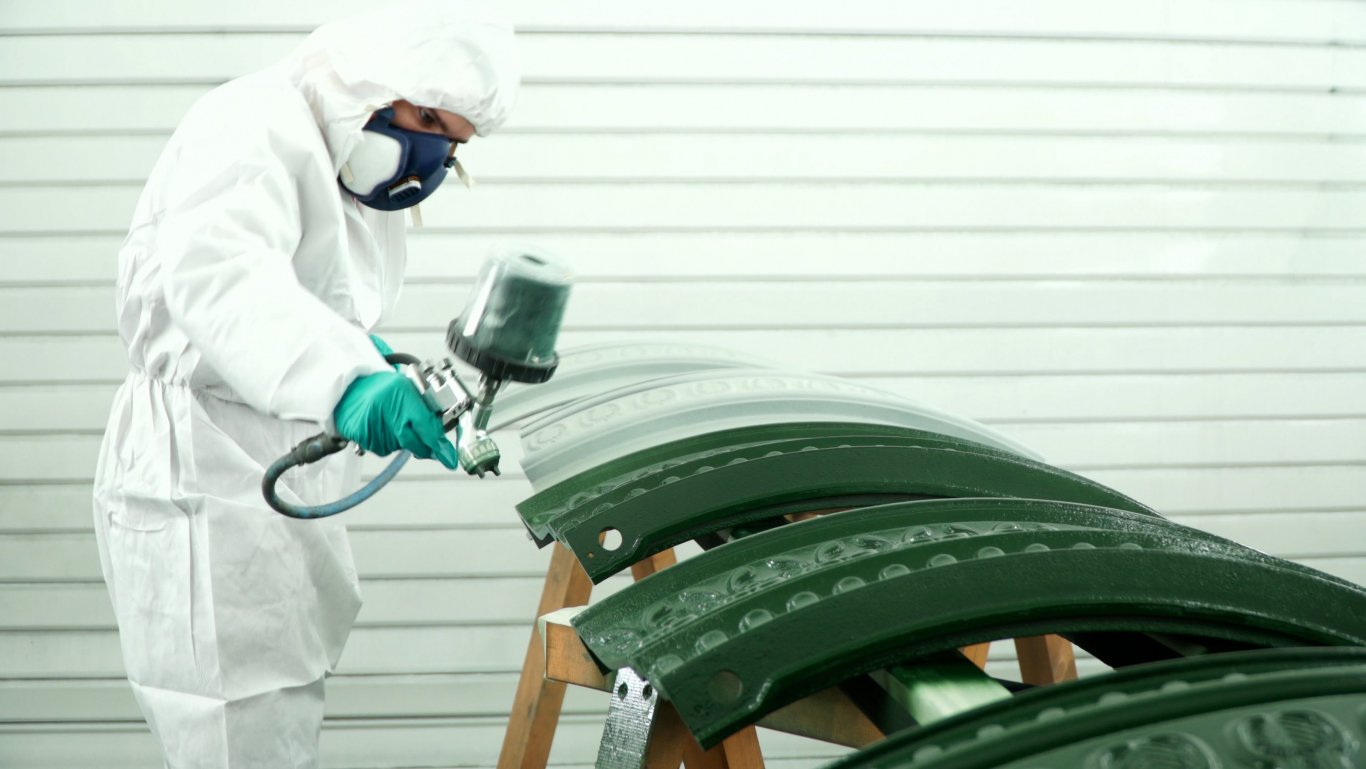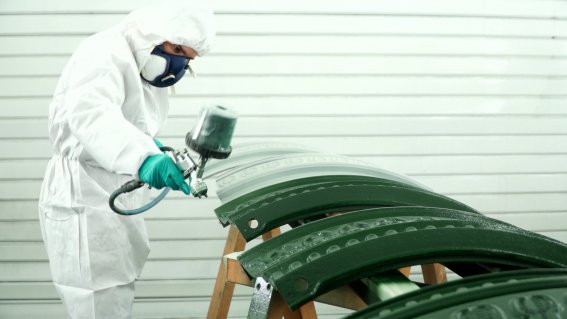
Every year, the Global Recycling Day is an opportunity to the raise awareness of the community on environmental issues and the leverages to meet them through the promotion of the actions of everyone (companies, governments, associations, citizens…). The aim of this day is to raise public awareness on waste management: from reuse to recovery and recycling.
At JCDecaux, we have considered these topics since our creation in 1964 and in 2014, through our first Sustainable Development Strategy, we formalised several priorities related to the management of our other impacts, including resources consumption and waste management.
Since then, the action plans deployed throughout the Group in nearly 80 countries have enabled us to improve our practices.
Here are some of our 2021 figures:
- 15 subsidiaries covering 60% of our revenues in 2021 have been certified ISO 140001. These are our subsidiaries in Australia, Belgium, Brazil, Denmark, Finland, France, Hong Kong, Hungary, Italy, the Netherlands, Norway, Portugal, Spain, the United Kingdom, and the United States.
- 80% of our sorted waste were recycled, exceeding our initial target of 70% by the end of 2020.
- 83% of our paper posters were recycled, a performance that increased by 4 points between 2020 and 2021, but which did not enable us to reach our target of 90% by the end of 2021.
- 87% of canvases containing PVC were recycled in the EU countries where we operate, exceeding our target of 80% by 2021.
The journey is long, we still have so much to do in a short time.
To take the actions we formalised in 2014 a step further, the Group has taken new sustainable commitments for 2030. Our new Sustainability Strategy is composed of 3 pillars:
- Towards more sustainable living spaces
- Towards an optimized environmental footprint
- Towards a responsible business environment
Our second pillar, focused on our environmental footprint, consists in two strong commitments: contribute virtuously to the collective carbon neutrality and curb our other environmental impacts.
In this context, we have set ourselves an ambitious objective:
zero landfill of our waste in countries with appropriate facilities by 2035.
To achieve this goal, we will rely on action levers such as eco-design, renovation and reconditioning of our furniture, as well as anchoring recycling practices in all countries throughout the training and the awareness-raising of our teams.
To find out more about two of our action levers:
-
Eco-design
We apply 10 eco-design principles. This allows us to anticipate the materials separability and increase their recyclability at the life’s end. We mainly use recyclable materials, which when they are coming from recycled sources, avoid the emissions linked to the raw material extraction. This allows us to avoid the equivalent of 14% of emission during the entire life cycle of our eco-designed furniture.
-
Renovation & reconditioning
Our urban furniture can have several lives and guarantee a quality of service for around 30 years. Since the creation of the company, we have since carried out renovations on site to extend their lifespan. To go further, since 2013, our online tool “The Store” has enabled the Group’s subsidiaries to offer reusable furniture to cities when they authorise it.








